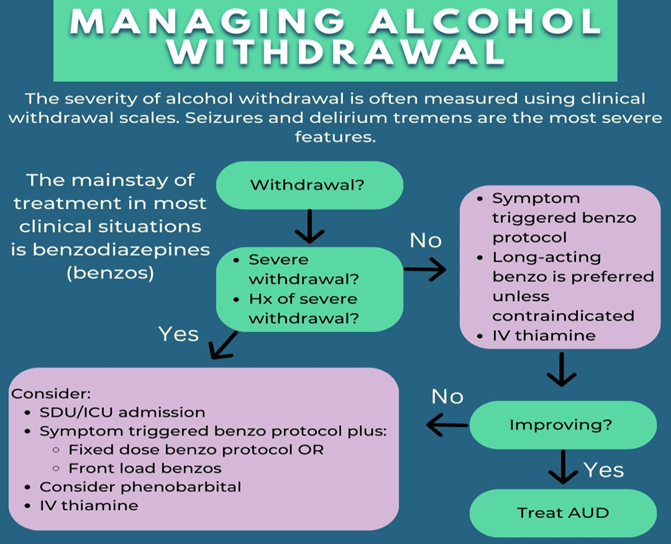A nurse is reinforcing teaching with a client who has benign prostatic hypertrophy and has a new prescription for finasteride. Which of the following information should the nurse include in the teaching?
Decreased libido is an adverse effect of the medication.
Prostate-specific antigen (PSA) levels will increase while taking this medication.
Avoid taking the medication with grapefruit juice.
Expect to experience a response from the medication in 1 week.
The Correct Answer is A
A. Decreased libido is a potential adverse effect of finasteride due to its action on reducing dihydrotestosterone levels.
B. Prostate-specific antigen (PSA) levels typically decrease while taking finasteride, not increase. It's important for the nurse to educate the client about the potential impact of finasteride on PSA levels and the interpretation of PSA tests.
C. Avoiding grapefruit juice is not specifically relevant to the use of finasteride. Grapefruit juice can interact with certain medications by affecting their metabolism, but this is not a concern with finasteride.
D. The effects of finasteride on BPH symptoms may take several months to become noticeable.
Nursing Test Bank
Naxlex Comprehensive Predictor Exams
Related Questions
Correct Answer is ["0.5"]
Explanation
To administer the correct dose of vitamin K, which is 1 mg, the nurse should refer to the concentration of the available vitamin K injection.
The available concentration is 1 mg per 0.5 mL. Therefore, to deliver a dose of 1 mg, the nurse needs to administer 0.5 mL. When rounding to the nearest tenth, the amount remains 0.5 mL.
Correct Answer is D
Explanation
A. Methadone is an opioid agonist primarily used for the management of opioid dependence and chronic pain. It is not indicated for the treatment of alcohol withdrawal or delirium.
B. Acamprosate is a medication used to support abstinence in individuals who have recently stopped drinking alcohol. It is not typically used to manage acute alcohol withdrawal symptoms such as delirium tremens.
C. Disulfiram is a medication used as an aversive therapy to deter alcohol consumption by causing unpleasant reactions (e.g., flushing, nausea, vomiting) when alcohol is ingested. It is not indicated for the treatment of alcohol withdrawal or delirium.
D. Lorazepam is a benzodiazepine commonly used to manage alcohol withdrawal symptoms, including delirium tremens. It acts by enhancing the inhibitory effects of gamma- aminobutyric acid (GABA) in the central nervous system, thereby reducing the symptoms of alcohol withdrawal such as seizures.

Whether you are a student looking to ace your exams or a practicing nurse seeking to enhance your expertise , our nursing education contents will empower you with the confidence and competence to make a difference in the lives of patients and become a respected leader in the healthcare field.
Visit Naxlex, invest in your future and unlock endless possibilities with our unparalleled nursing education contents today
Report Wrong Answer on the Current Question
Do you disagree with the answer? If yes, what is your expected answer? Explain.
Kindly be descriptive with the issue you are facing.
